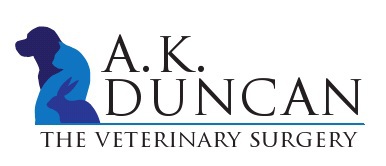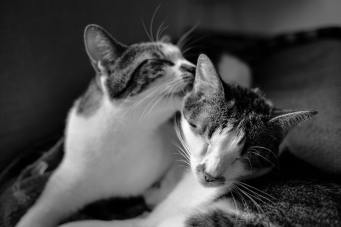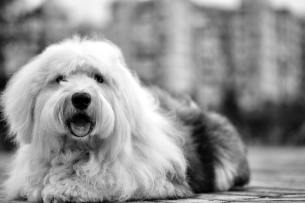Neutering
What is neutering?
Neutering means surgically preventing animals from reproducing. In females this is usually referred to as spaying whist in males this is known as castration.
When an animal is spayed, the ovaries and uterus are removed so that the female cannot become pregnant.
Castration involves removal of the testicles. This prevents the production of sperm and also takes away ther main source of testosterone production.
What is involved?
Before the procedure, we offer a free of charge check up with a vet to ensure your pet is in good health for the operation. For dogs, we also recommend that your pet has received preventative treatment for lungworm as if lungworm is present it can cause complications as this can affect blood clotting.
For dogs and cats, food should be witheld from midnight before the operation (water can be left available overnight).
Our nursing team will admit your pet in the morning and answer any questions you may have. The procedure is carried out under general anaesthetic and although there is always some risk with any surgical procedure, modern techniques are very safe.
Most pets can return home the same day from about 5:00pm and the nurse will provide post-operative advice when your pet is discharged.
Neutering myths
My female pet should have a litter before she’s neutered
No – there’s no need for your female dog, cat or rabbit to have a litter before she’s neutered.
There’s no emotional benefit for your pet if she has a litter before she’s spayed. Rather medical evidence shows that spaying prior to your pet's first season has the most health benefits.
For example, every time a dog has a season, her chances of developing breast cancers in later life increase. Neutering your pet while they're young is a great step to helping keep them healthy into old age.
If I neuter my pet, they’ll gain weight
No - as long as you ensure they get enough exercise and only eat the appropriate amount of food.
It is true that because of changes in hormone levels after neutering the metabolic rate of your pet will be lower and their appetite may increase. This means that neutered pets simply require fewer calories and/or more exercise to maintain a healthy bodyweight.
Getting my pet neutered will change their behaviour or personality
No - your pet’s personality is dependent on their genetics, not their hormones.
Neutering can have an impact on some types of behaviours that are associated with hormones, such as:
- Certain types of aggressive behaviour.
- Urine marking in the house.
- Male cats and dogs roaming away from home.
- Behavioural changes and stress associated with coming into season.
However, Neutering won’t change any underlying behaviours in your pet – good or bad. The best way to change these behaviours is through training and making sure your pet’s home isn’t causing them unnecessary stress. If you’re worried about your pet’s behaviour it’s always best to speak to our veterinary team.
Neutering is a risky and painful operation
Neutering is carried out by vets every day and your vet will make sure you pet isn’t in pain.
Your pet will need to go under general anaesthetic so they’ll be asleep during the operation. While any operation carries some risks, it’s much safer for a younger pet to go under anaesthetic than it is for older pets should they face health problems due to being unneutered.
I’ve got an indoor pet – they won’t get pregnant or father a litter so they don’t need to be neutered
Neutering isn’t just about stopping your pet from having babies – there are many other health benefits too.
While your pet might not be at risk of getting pregnant, they could still suffer from conditions such as:
- Testicular cancer
- Prostate disease
- Breast, ovarian or uterine (womb) cancer
- Pyometra (a serious womb infection)
Neutering greatly reduces or completely removes the risk of your pet suffering from these diseases.



